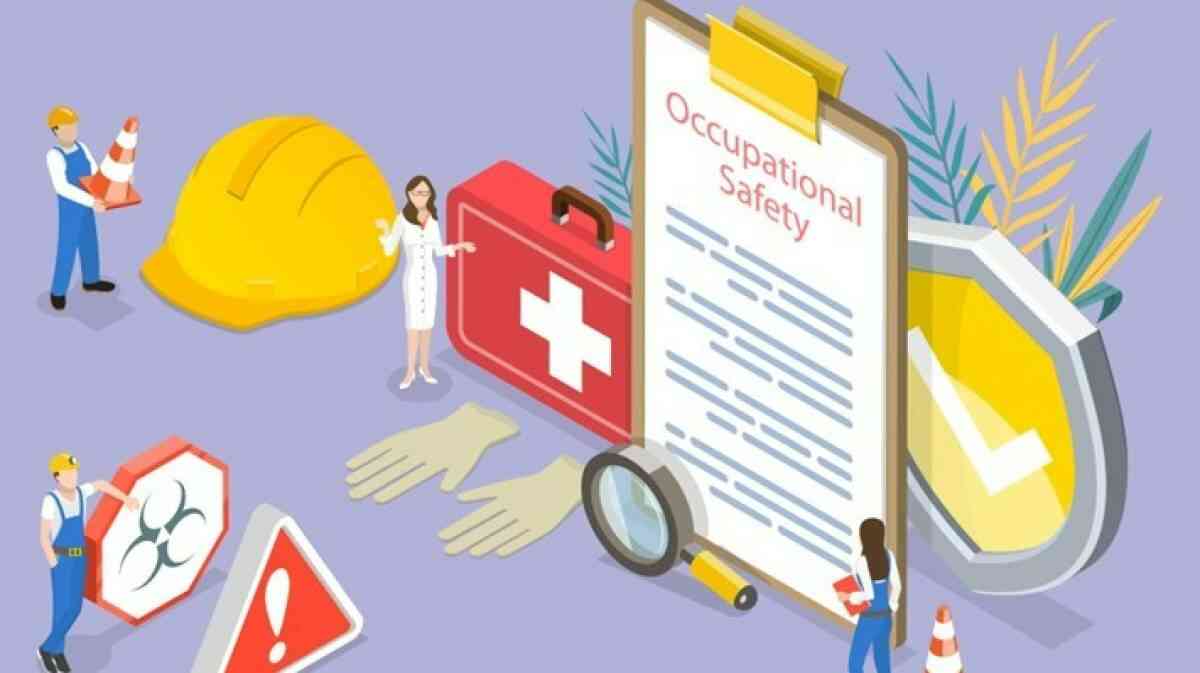5 Reasons To Take Occupational Health And Safety Courses
- - Category: Small Business
- - 26 Jan, 2023
- - Views: 514
- Save

Occupational health and safety practices are vital for many industries.
Managers and workers can ensure a safer work environment by taking proper occupational health and safety (OHS) training. Here are compelling reasons to invest in occupational health and safety courses for your employees.
1. Learn to identify and reduce workplace hazards
Occupational health and safety courses are a vital part of workplace safety. They teach workers how to identify and reduce workplace hazards. Through these courses, employees learn how to identify potential risks and take steps to reduce or eliminate them. These courses also teach your staff how to respond to an emergency, such as a fire or chemical spill. Workers can also learn how to use safety equipment and maintain machinery. By taking these courses, workers can help ensure their workplace is safe and free from hazards.
2. Increased knowledge of regulations and industry standards
An improved understanding of regulations and industry standards is essential for any workplace to secure the health and safety of all employees. Occupational health and safety courses are a great way to keep all employees in the loop with the latest regulations and industry standards. Employees gain a better understanding of the regulations, industry standards, and compliance by taking occupational health and safety courses. This training will help to ensure employee safety and provide peace of mind for employers.
3. Awareness of best practices for accident prevention
Occupational health and safety courses give a comprehensive understanding of the safety measures in any workplace. These courses provide a thorough overview of safety regulations, risk assessment procedures, and relevant safety protocols. They also teach the correct use of protective equipment, the best way to store hazardous materials, and the proper disposal of hazardous waste. Workers can make a conscious effort to prevent accidents through occupational health and safety courses.
4. Develop skills to manage safety initiatives
Aside from compliance, building OHS skills is vital in creating effective safety initiatives. Occupational health and safety courses provide the skills to manage safety initiatives. These courses equip learners with the knowledge to identify potential hazards and create strategies to mitigate them. Additionally, they teach how to devise and implement effective safety policies and procedures. Trainees learn how to create a safe work environment and respond to accidents and emergencies. With the knowledge gained from these courses, employers can ensure that their employees have the skills to keep their workplace safe and healthy.
5. Understand legal obligations
Occupational health and safety courses help employers and employees understand and comply with their legal obligations. These courses ensure everyone knows the relevant laws and regulations, providing practical advice on preventing workplace injuries and illnesses. The courses tackle risk management, hazard identification and assessment, and emergency planning. Plus, you'll learn how to develop and implement appropriate policies and procedures. With this knowledge, employers can ensure their rules and regulations adhere to the law. OHS training guarantees better knowledge in handling and assessing various chemical and physical hazards to prevent workplace injuries. By taking comprehensive occupational health and safety courses, your employees can meet OHS standards and stay safe on the job.
